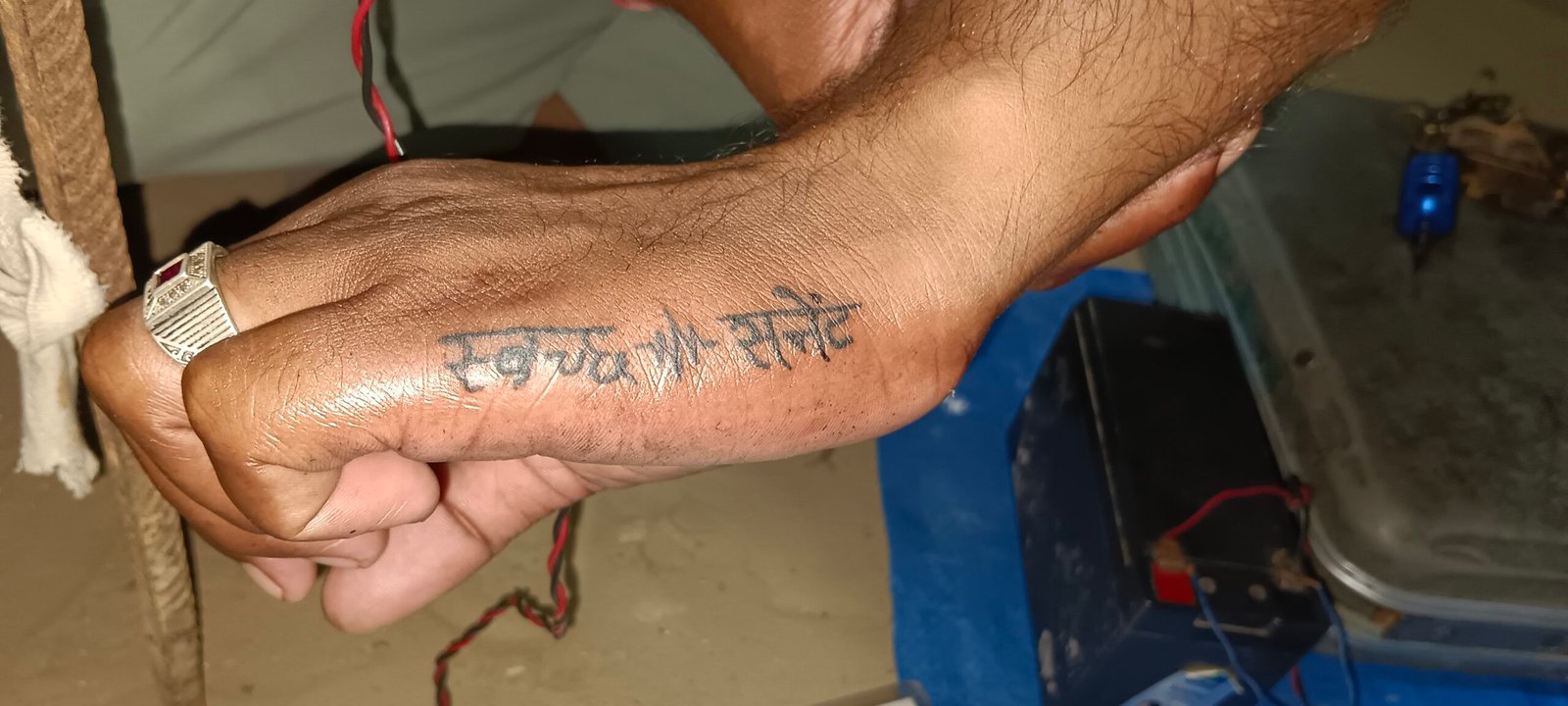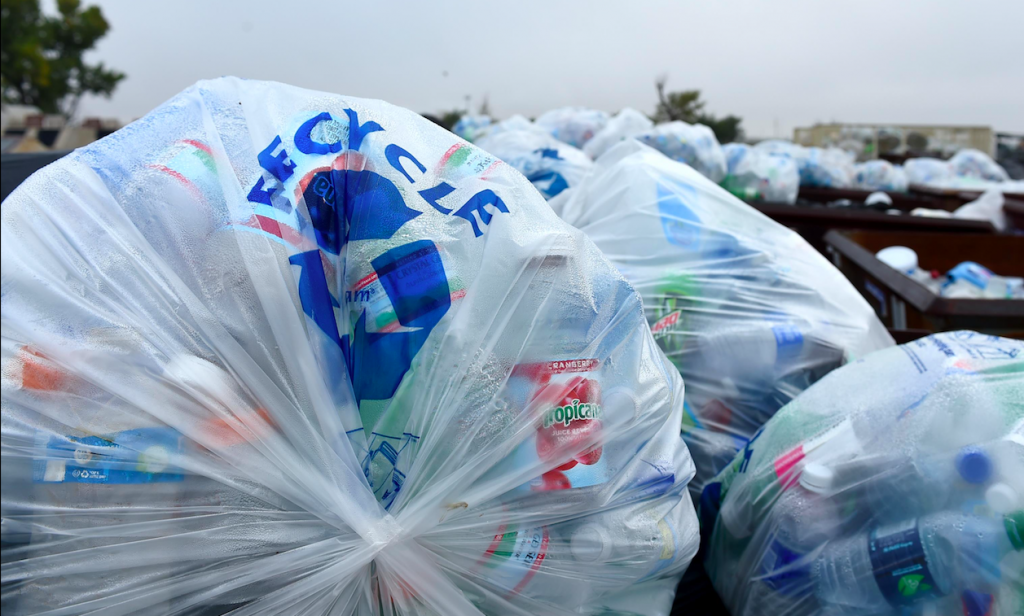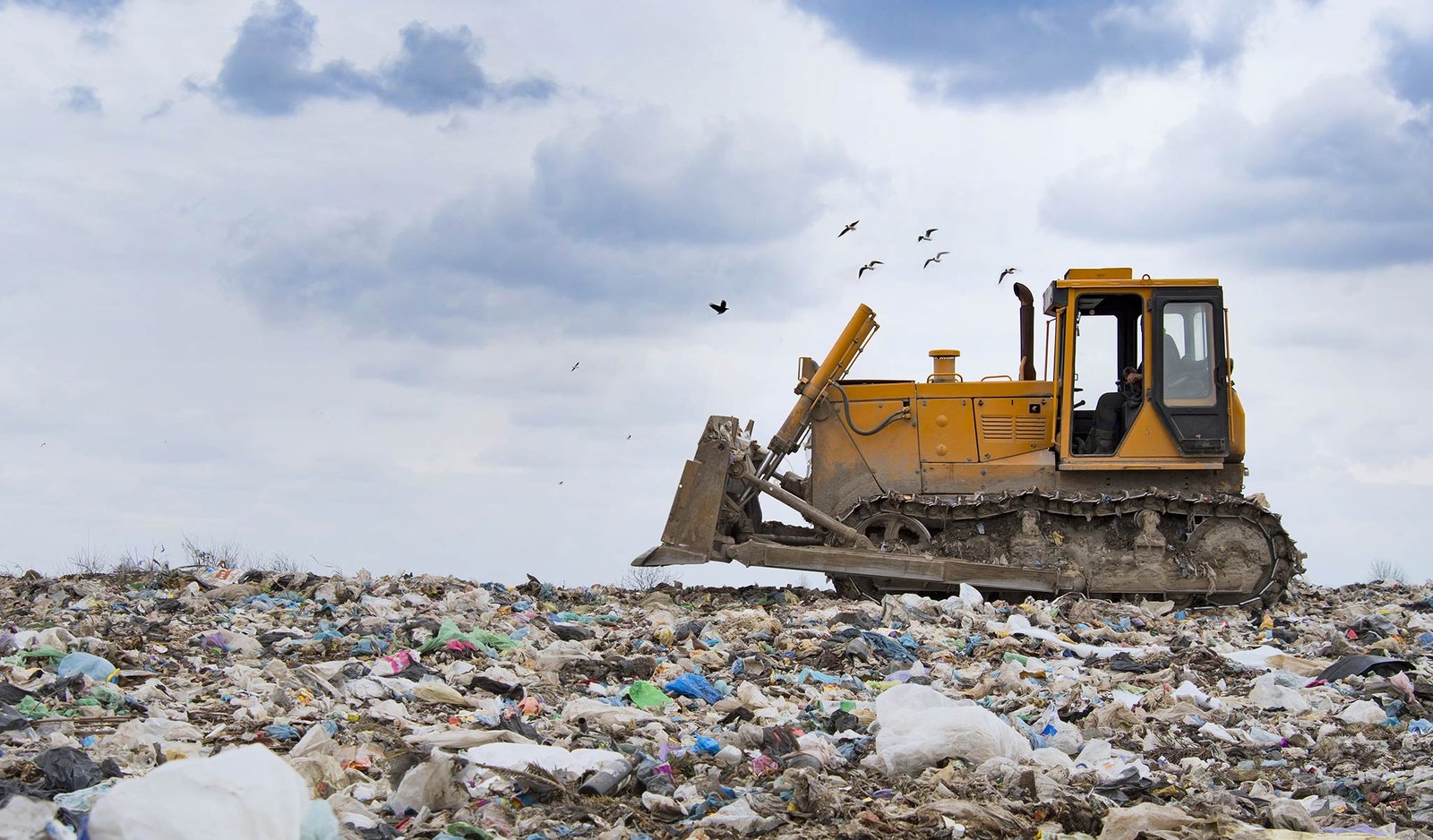Solid Waste Management
Improper management and disposal of solid waste has a severe impact on both human health as well as the physical environment. According to the United Nations, India’s population will increase from 1.3 billion in 2018 to 1.62 billion in 2050. As more and more people start migrating to the urban areas, the consumption patterns will change and in turn the waste streams are expected to grow exponentially. With such a large population the management of waste is not only a problem because of the associated aesthetic and environmental concerns but also because of the enormous quantities that are generated.
Thus, the solution to tackle such an issue now is to discover service delivery and technological models that work, are practical, socially acceptable, institutionally compatible, and commercially viable. It is also extremely essential to consider value chain recycling for resource recovery and thus ensuring a smooth transition to a circular economy.
FINISH works towards finding new approaches to involve the key stakeholders in reconstruction of local waste management systems through changing attitudes, strengthening the role of the informal sector, involving local Govt & communities and building capacities. FINISH Society promotes solutions to tackle waste management that are effective, practical, socially acceptable, institutionally compatible, and commercially viable. Our interventions try to foster a value chain for resource recovery and thus ensure a smooth transition to a circular economy.
Our aim is to promote scalable solutions to manage solid and liquid waste sustainably for a healthier environment and circular economy.
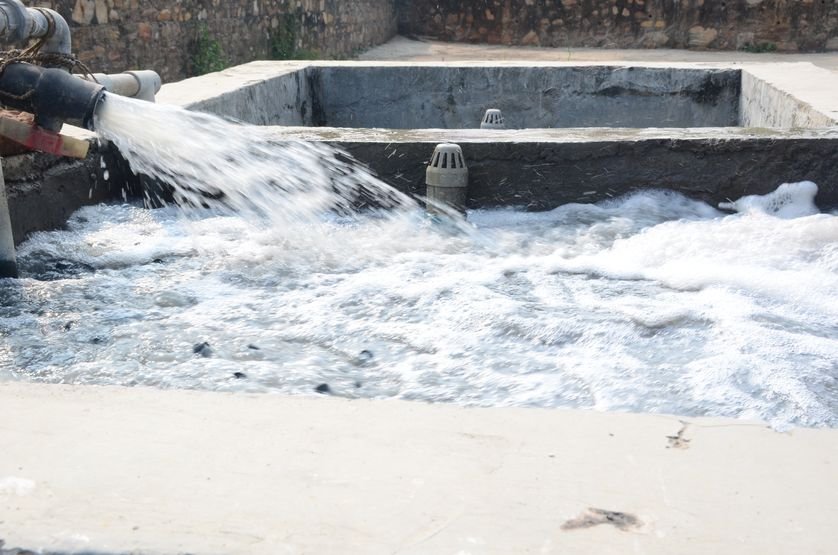
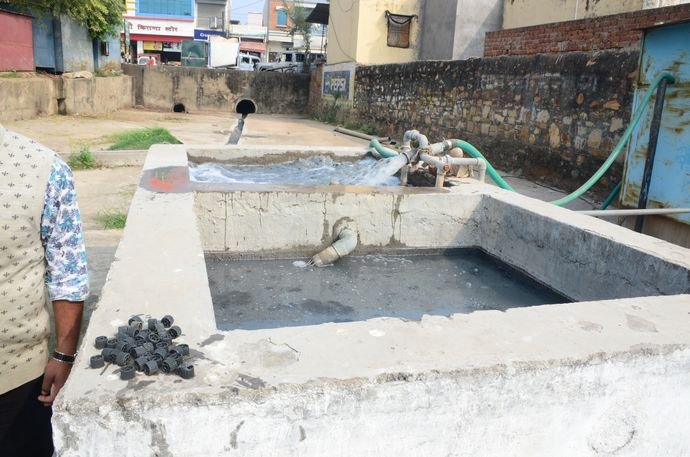
Liquid waste management
FINISH Society believes that water has a direct connect with wellbeing of people. That’s why our growing work in water stressed areas is focused on improving their access to water for ground water recharge, agriculture and livestock. We are targeting localized solutions by improving, repairing already present water bodies like lakes
1. Restoring Chennai’s Wetland
Treatment of incoming sewage for rejuvenation of Sembakkam Lake, Chennai, Tamil Nadu. To provide a technical solution for rejuvenation of the lake, FINISH Society as lead agency, along with ILIFO Ltd and The Solutions Centre, formed a consortium and entered into a partnership with The Nature Conservancy. Together we are working towards designing, implementing and monitoring a nature based waste water treatment facility.
It is proposed to construct 2 Sewage Treatment Plants (STPs) of 1 MLD and 6 MLD, respectively at two major inlets. The STP will be based on Semi-Natural Treatment Technology which means both aerated lagoon and reed bed. As this technology is relatively cheaper than other technologies and has higher nutrient/ pathogen removal capacity and at the same time low maintenance and monitoring.
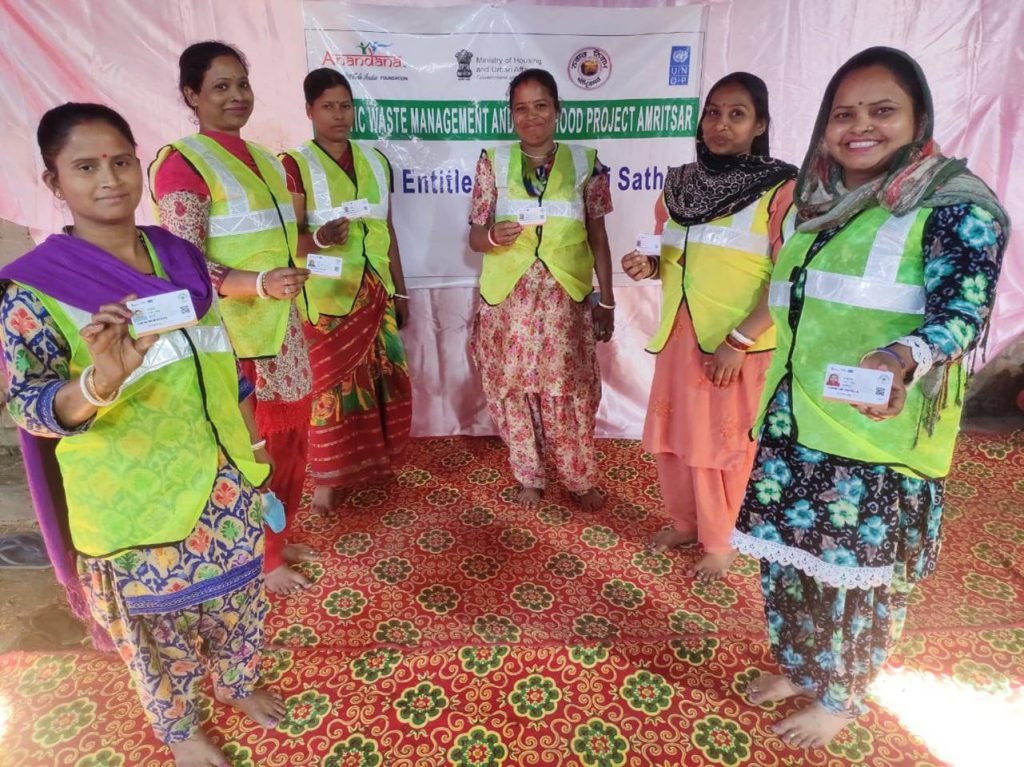
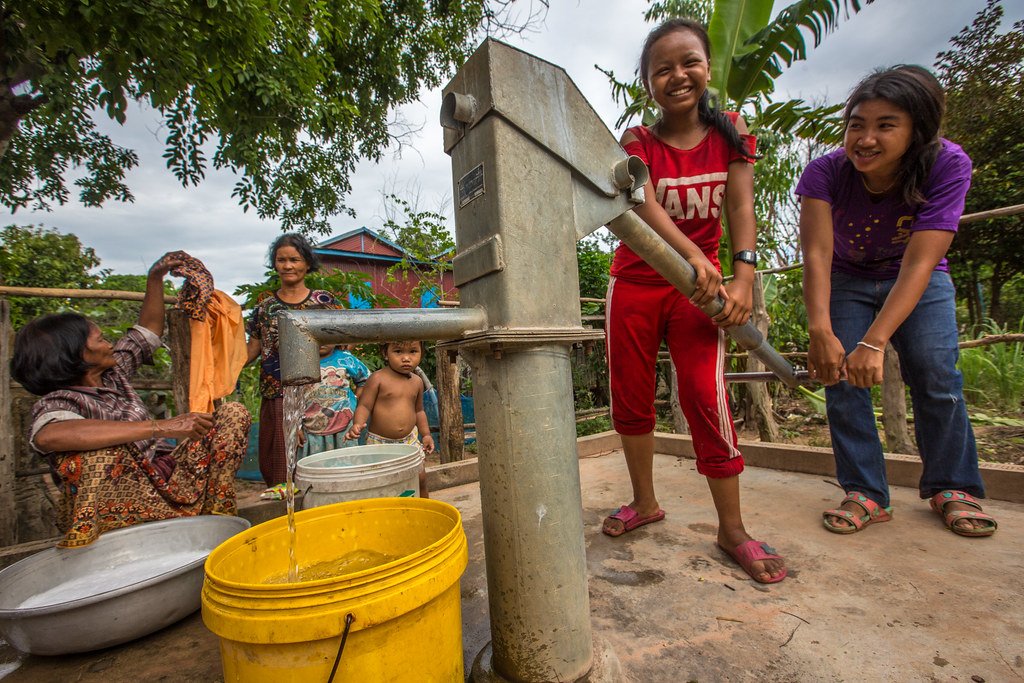
3. Rural water supply scheme in 1100 Households of Jharsuguda
under a project funded by Odisha Power Generation Corporation, we facilitated in the setting up of water supply to 8 villages in Jharsuguda, Odisha.
4. Grey water treatment pilot in Bhilmaal Ashramshala in Nashik
Residential schools/Ashramshalas relatively generate more quantity of grey water per day because of handwashing, kitchen, cloth station, and bathing facilities. All this waste water stagnates and becomes breeding grounds for mosquitoes. While implementing a school sanitation programme with National Stock Exchange Foundation and WaterAid, we decided to pilot grey water treatment in one of the Ashramshalas. The treated water is used in kitchen garden throughout the year, especially during summer, when there is water scarcity in the nearby villages.
5. Water filters for selected HHs and institutions in Udaipur:
Under Phase 1 of this project beneficiaries (institutional & individual) will be mobilised in rural and peri urban parts of Udaipur to install 50 water filters and in second phase FINISH will be adding around 1000 more beneficiaries in proximate clusters based on the learnings of Phase I.
Courage is not the absence of fear but the motivation to overcome it. These lines are characteristic of the hero of our …
Balveer Singh Chaudhary of Sanet village, which is today a clean model village in Karauli district of Rajasthan has become a local …
A workshop to achieve WASH outcomes for rural communities To unpack the Call to Action, a definite Action Plan/ Roadmap needed to …
The Making of A Green Temple in Ranjangaon Places of religious worship like temples can be at the vanguard of the green …
Plastic Waste Management Approach to Create a Plastic Free Environment in Amritsar through Livelihood Enhancement Plastics waste constitutes a significant portion of …
Working towards a ‘landfill-free’ zone… “Waste management should be such that a landfill site should not look like a landfill site,” believes …
From Rag-Picking To Community Empowerment! Most youngsters have been reprimanded in childhood for leaving home for playing, without telling anyone but rarely …



